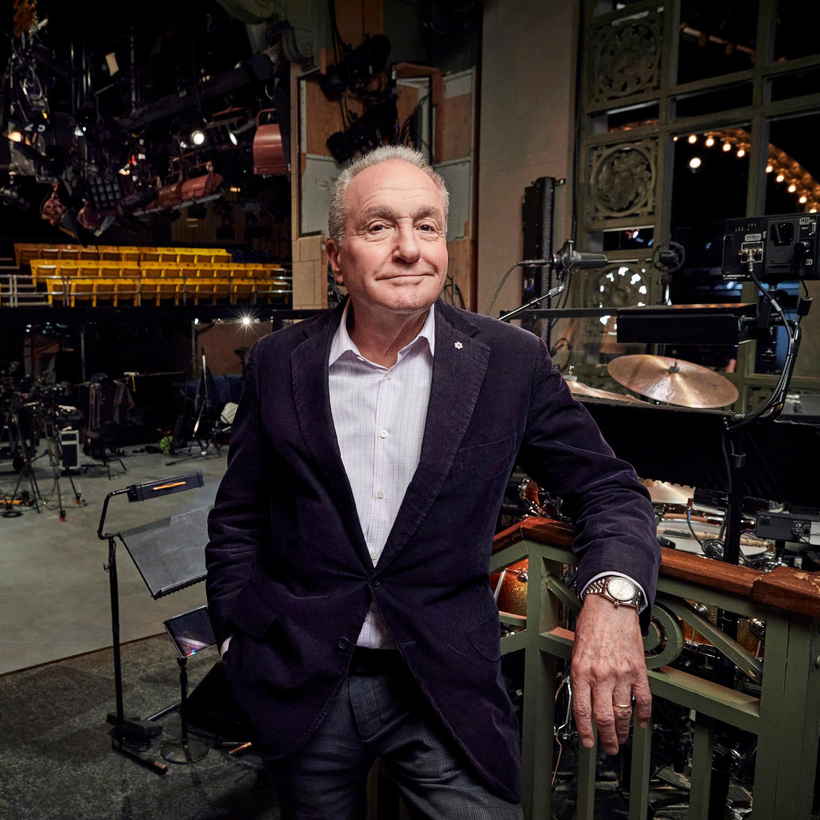By the time Saturday Night Live had been around for a quarter of a century, in 2000, a folklore developed among S.N.L. aspirants around the way Lorne Michaels hires people. (The protocols have remained consistent during the second 25 years.) There were the laugh-free auditions, the under-the-breath asides, the sphinx-like questions to interviewees who had sat on the couch in his outer office at 30 Rock for hours, listening as assistants booked helicopters to the Hamptons. (The S.N.L. writer Paula Pell compared it to waiting to get your teeth cleaned; Bob Odenkirk called it “Head Games 101.”)
“You’re right outside his office,” said Chris Rock, who waited six hours for his interview with Michaels. “You hear him. Occasionally he walks out to do something.” Through the years, careful students knew that if Michaels asked how you felt about wigs, that was a good sign.

